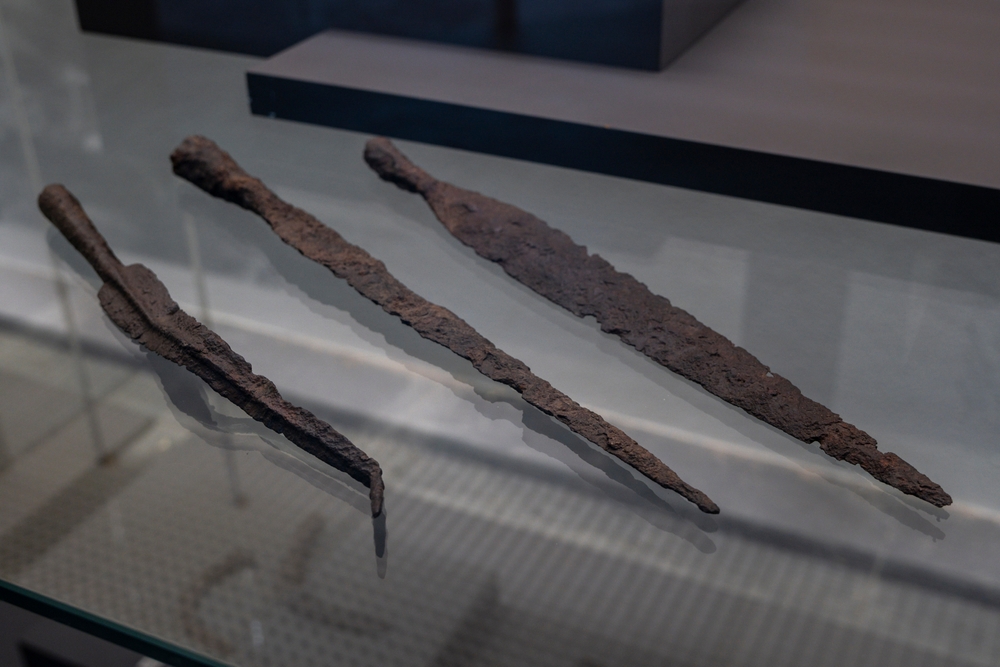The site dates back to around 400 CE.
Others are reading now
When digging into Denmark’s past, archaeologists often find clues about a world long gone.
Sometimes, the discoveries are exceptional, offering a rare glimpse into ancient lives.
Such was the case during a highway expansion project along the E45 Østjyske Motorvej, according to Historienet.
What began as routine excavation turned into a remarkable find: an Iron Age weapons cache and a rare chainmail shirt.
Also read
A Window to the Past
Archaeologists from Vejlemuseerne uncovered the artifacts in August near Løsning Søndermark in Hedensted Municipality.
The site dates back to around 400 CE, a period rich with political and military activity in southern Scandinavia. Alongside two ancient houses, the team unearthed a collection of weapons that tell a story of power and conflict.
Elias Witte Thomasen, the project’s lead archaeologist, was elated.
“Finding something this unique is every archaeologist’s dream,” he said.
The weapons include eight swords, five knives, three arrowheads, an axe, and the remains of 119 spears and lances.
Weapons and Sacrifices
Experts believe the weapons belonged to a defeated army. Instead of reusing them, they were likely offered as sacrifices.
This practice was common in Denmark during the Iron Age, though most sacrificial finds occur in bogs. This discovery marks a rare example of weapons being buried near residential areas.
The most intriguing find is a nearly intact chainmail shirt. Few such items have been found in southern Scandinavia, and this is the first discovered in connection with a settlement.
The chainmail’s craftsmanship and preservation provide a unique opportunity to study Iron Age armor.
The site suggests it was once a significant power center, possibly led by regional leaders who wielded both political and military influence.
Archaeologists noted the presence of neck rings, further evidence of high-ranking individuals who commanded warriors.
This ongoing excavation, part of Vejdirektoratet’s work to safeguard archaeological treasures, has been underway since 2022 and is expected to finish in 2025.








